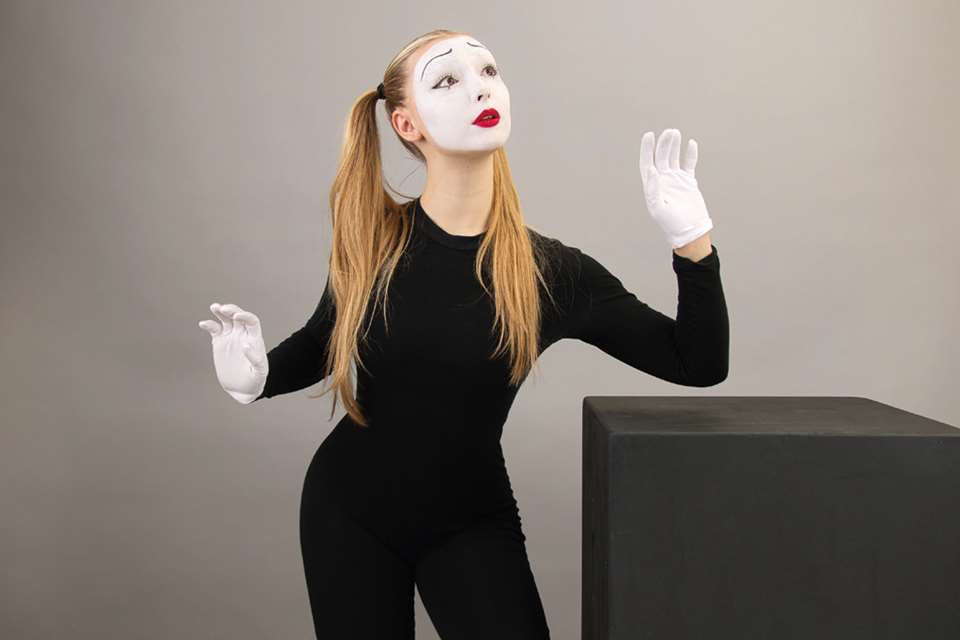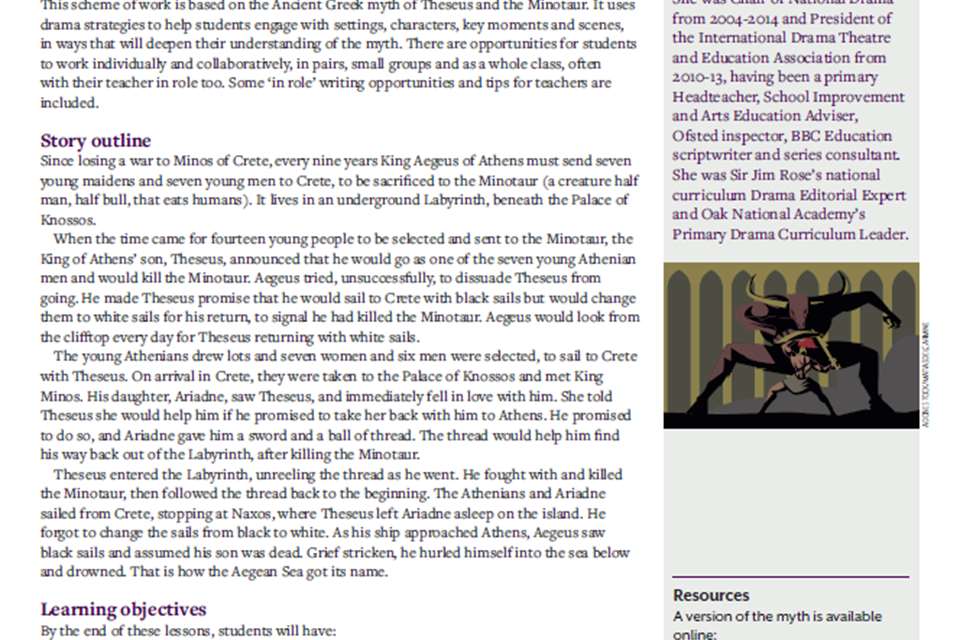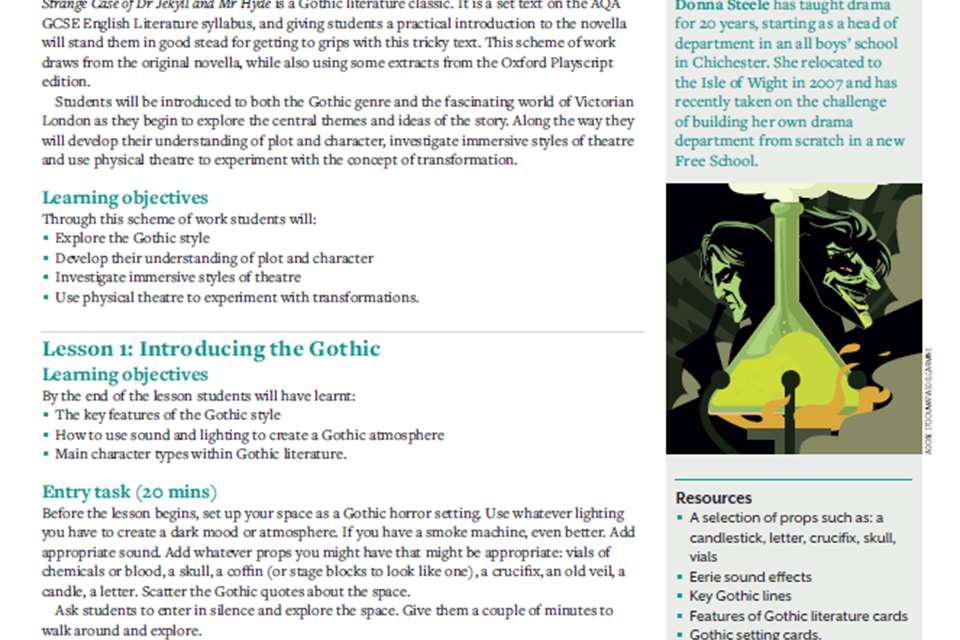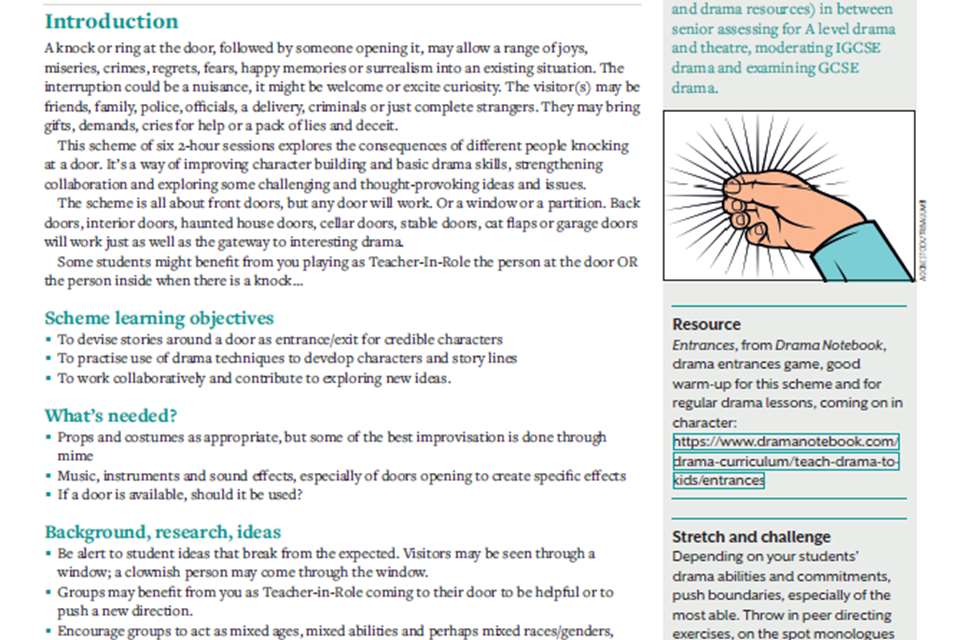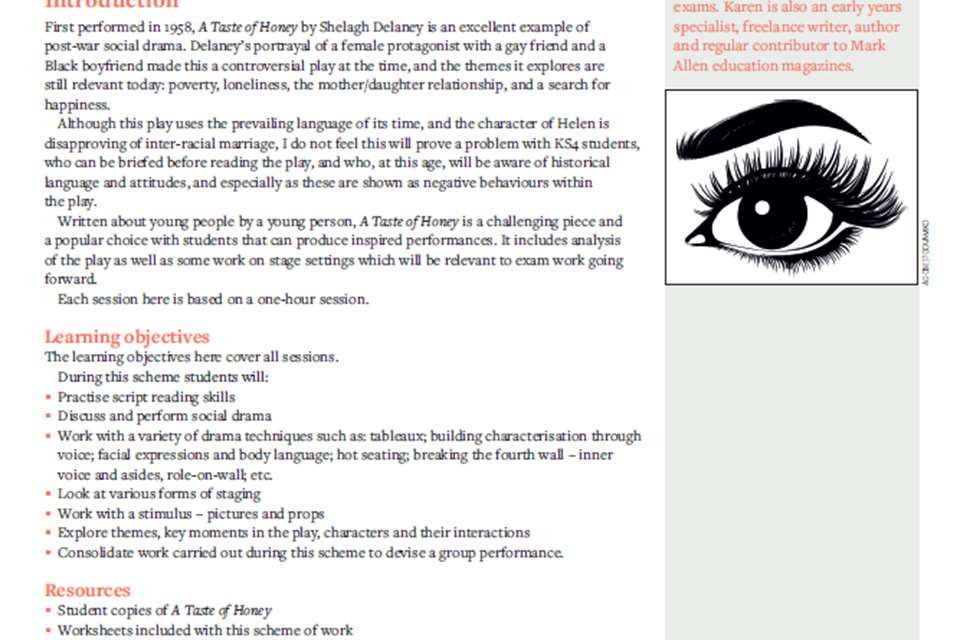AI for drama educators: Exploring new ground
Lucy Bellingham
Wednesday, May 1, 2024
Investigating the remits of generative AI, Lucy Bellingham shares her findings on how we can best harness its power as drama educators

Adobe Stock/ Tartila
The topic of AI remains a contentious issue for many drama teachers. At the recent Music and Drama Expo in February, when I handed teachers the flyer for our new Facebook group ‘AI for Drama & Theatre Educators’, reactions were clearly divided, ranging from enthusiasm to polite refusal.
It was during a Zoom meeting last year with drama educator Bindya Chauhan that I realised how many teachers, particularly those outside of the UK, are already using generative AI daily. Chauhan is an international drama practitioner, who has achieved the ‘best grade in the world’ for Edexcel Pearson GCSE and A Level Drama over several years and has been using AI tools within her teaching practice during the last eighteen months. She outlined to me the possibilities and potential for using AI within drama teaching, describing Chat GTP as a ‘virtual assistant’ which she turns to when she needs a ‘sounding board’ for ideas. My interest was immediately piqued and the idea for the Facebook group was borne.
Scope and possibility
Central to AI's appeal for drama teachers is it's potential to reduce time spent on admin tasks and lesson-planning, allowing more time and energy for working directly with students and practical exploration in the studio. Within the Facebook group, drama teachers posed the following questions, keen to discover more about how it's potential could be harnessed:
- How can we use AI to support practical work? (either performing or devising)
- Can AI be used to generate creative, practical schemes of learning?
- How useful can AI be for marking and setting targets on essay work?
Chauhan suggests 10 ways in which generative AI can be used by drama teachers, although this is not an exhaustive list:
- Script writing and editing
- Character development
- Improvisation prompts
- Historical context (plays/practitioners)
- Language and diction
- Performance feedback
- Theatre games and exercises
- Directorial concepts
- Lesson planning
- Understanding playwrights and theatrical styles
Use specific prompts
At present, teachers have the option of using Chat GTP 3.5, which is free, or paying for the more advanced Chat GTP 4. Once you have signed up, users can input different prompts to generate content. However, it is worth considering that if prompts are general this will lead to responses which are vague. It is preferable to create prompts which are specific and detailed for the best outcomes. For example, if you want to create a lesson plan, you should include the year group, duration, the country you are teaching in, the overall aim, outcome or objective, the structure of the lesson (such as starter, main activity and reflection) and the facilities and resources you have. To make the prompt even more specific, you could specify the outcome for each section of the lesson. For example, if it is a lesson about Artaud, you could specify: ‘The main activity should involve exploring Artaud's Theory of Cruelty through practical exercises.’
Many drama teachers are currently using Chat GTP to create short scripts for their lessons. Once again, ensure that you are specific with your prompts and outline the parameters such as the group and level, the length of the script (in sentences), the format (use of stage directions, character names), the style of the scene and finally the topic, play or stimulus. You may even want to go a stage further and specify what you want to be conveyed in the scene, such as tension or conflict. Even in the free version, Chat GTP 3.5, this would generate something of merit which you could use and refine for your lessons.
Looking to the future
It is worth considering that Chat GTP, like any technology, is constantly evolving and not always accurate. It might not grasp complex questions or might provide outdated information. As Chauhan warns: ‘Chat GTP can generate, create, and summarise but, as a teacher, you still need to check and refine the “output” before you use it in your classroom.’
Schools and exam boards have developed, or are currently developing, policies for teachers, students, and parents about the use of generative AI. This should be the first port of call for teachers who would like to explore it further. As these policies are shared, discussed, and implemented over the coming months, this will be a big step towards igniting further debate and providing much needed guidance on the use of generative AI within drama education.



